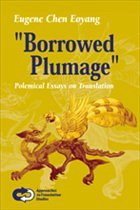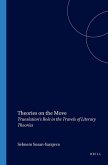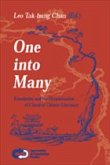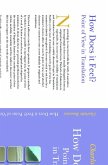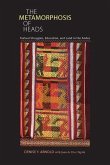This eclectic collection of essays focuses on a number of intriguing issues in translation: some of these "polemic" essays challenge certain widespread beliefs and practices: for example, the belief that humor is untranslatable; the assumption that translations are always inferior to the originals; the spread of translations that are more impenetrable to the target audience than the originals ever were to the source language audience; above all, the notion that translation is a marginal rather than a major area of study: indeed, as one essay suggests, translation may represent a model of thought, and translating a mode of thinking. These essays also consider the international trade in translations, the ratio of translations out of the language and of translations into the language, as a possible index to historical development; analyze the humor that can be translated as well as the humor that cannot be translated; uncover the implicit indicators of time and place in traditional Chinese poetry (offering thereby a study in comparative deictics); examine the hermeneutics of Old Testament exegeses, which -- unlike the modern world -- privileged the oral over the written word; discuss the subtle but definable differences between translations that appropriate previous versions by way of allusion and quotation, and translations that merely plagiarize. In the final section, entitled "Divertissements", Eugene Eoyang provides an exposition of his translation of a poem, first published in the People's Daily (and since banned), that contained a hidden -- and decidedly hostile -- acrostic, in which the challenge was not only to convey the original meaning but also to preserve the disguise of the original meaning in the Chinese text. (The translation appeared in The New York Times.) He also offers a wry typology of translators, comparing them -- metaphorically and paronomastically -- to different species of birds; in a concluding coda, he excavates the place-names in bicultural and multilingual Hong Kong, uncovering not only translations and transliterations, but also "heteronyms" (different names for the same place) as well as, remarkably, "phononyms" (names where the pronunciation of a word in one language happens to coincide with a word in another language with the same meaning). The result is a provocative potpourri of fascinating insights into the cultural and semiotic complexities of translation that will surely interest students of translation, literature, linguistics, and history, as well as the informed general reader.
Hinweis: Dieser Artikel kann nur an eine deutsche Lieferadresse ausgeliefert werden.
Hinweis: Dieser Artikel kann nur an eine deutsche Lieferadresse ausgeliefert werden.

